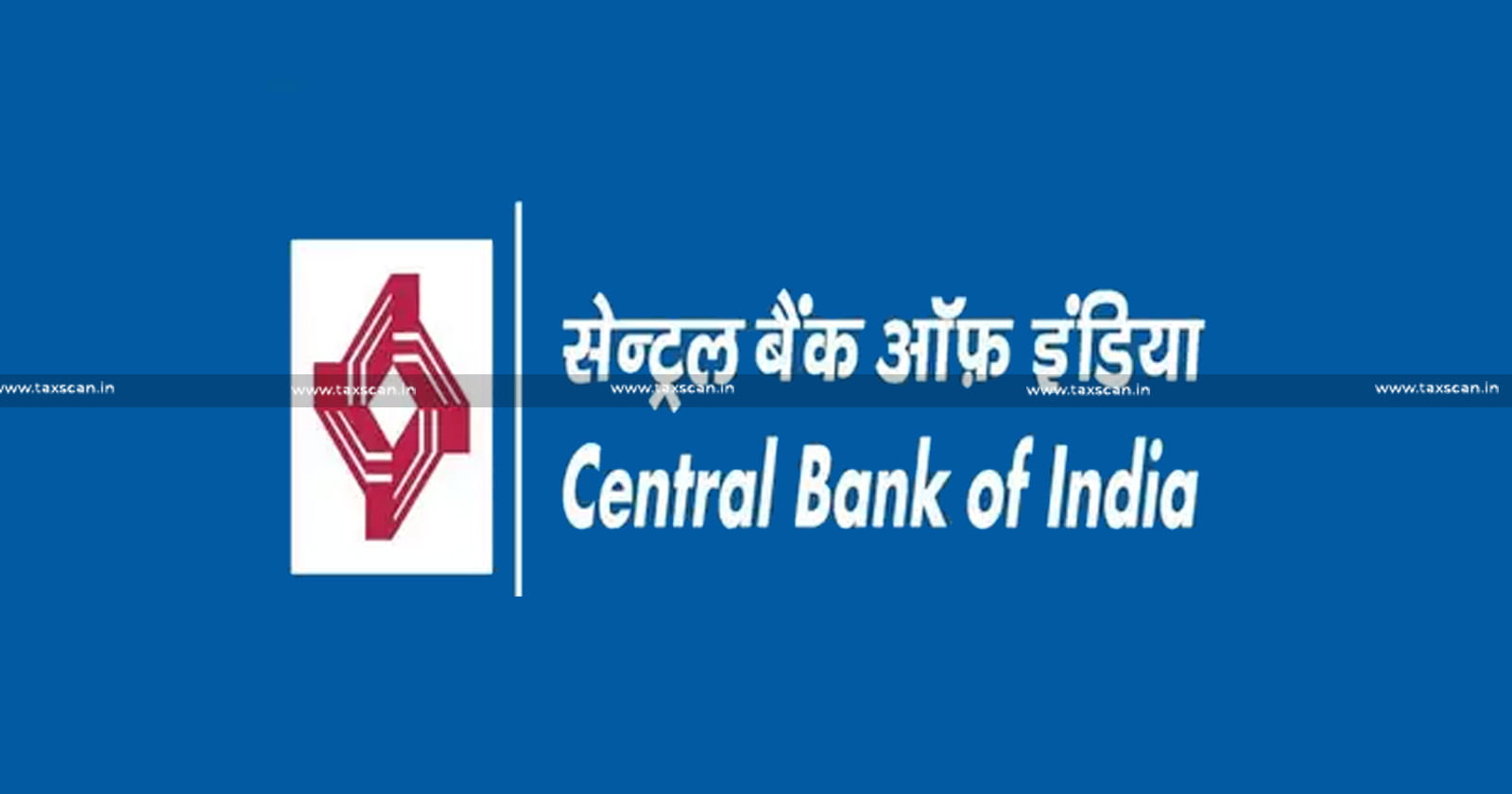Central Bank of India requires Concurrent Auditors to Counter sign on Stock Statements of Borrowers

Central Bank of India – Concurrent Auditors – Bank – Central Bank – Counter Sign – Stock Statements of Borrowers – Borrowers – Stock – Audit report – Audit – taxscan
Central Bank of India – Concurrent Auditors – Bank – Central Bank – Counter Sign – Stock Statements of Borrowers – Borrowers – Stock – Audit report – Audit – taxscan
The Central Bank of India addressing the Concurrent Auditors working has sent a letter regarding the Concurrent Audit Report on verification of the Stock statement submitted by the borrower. Also regarding the Format M-17D.
The letter was issued to the Concurrent Auditors working under the Zonal Audit office in Chennai.
The following are the context of the letter:
- The stock statement given by the borrower must be verified by concurrent auditors operating at the branch, and they must countersign it as proof of their verification.
- As part of the monthly audit reports on the verification of stock statements during the month until said statements were generated in the ethic portal, the reports of the concurrent auditors should be in the stipulated format M-17D, manually.
- Additionally, the M-55A, M-55B, and M-55C forms must be discarded immediately for the submission of concurrent auditors.
The eTHIC portal is operated by the Central Bank of India. The bank also advised to submit the M-17D reports manually from the month of June 2023 onwards till the same is developed in the mentioned eTHIC portal.
The Independent auditors who have been appointed by banks or other financial institutions to undertake concurrent audits of their internal operations and financial transactions are the concurrent auditors.
Regulating bodies, like the Reserve Bank of India (RBI), banks and other financial institutions may require concurrent auditors. Regarding the selection, requirements, and behaviour of concurrent auditors, the RBI has provided guidelines and instructions.
The concurrent auditors guarantee adherence to internal policies, laws, and regulations. Additionally, they aid in recognising and reducing risks related to fraud, financial misstatements, and operational inefficiencies.
The Government of India owns the majority of the shares in the Central Bank of India, making it a government-owned institution. The Government of India's Ministry of Finance regulates and supervises its operations.
To Read the full text of the Order CLICK HERE
Support our journalism by subscribing to Taxscan premium. Follow us on Telegram for quick updates


